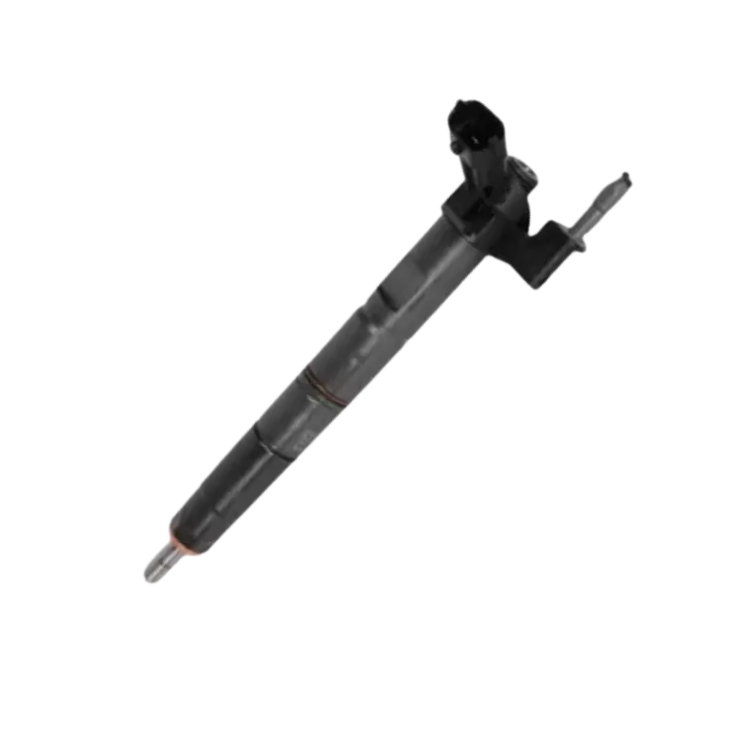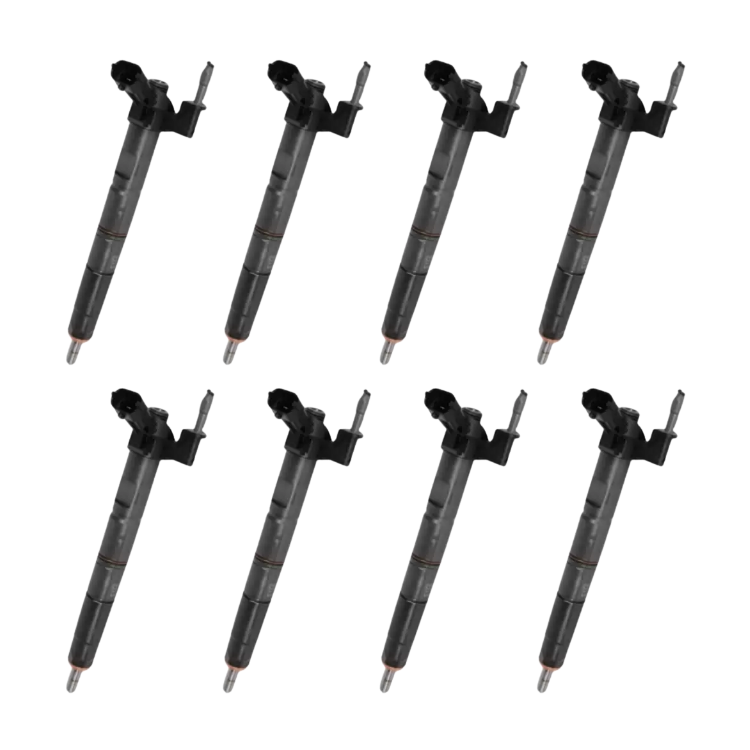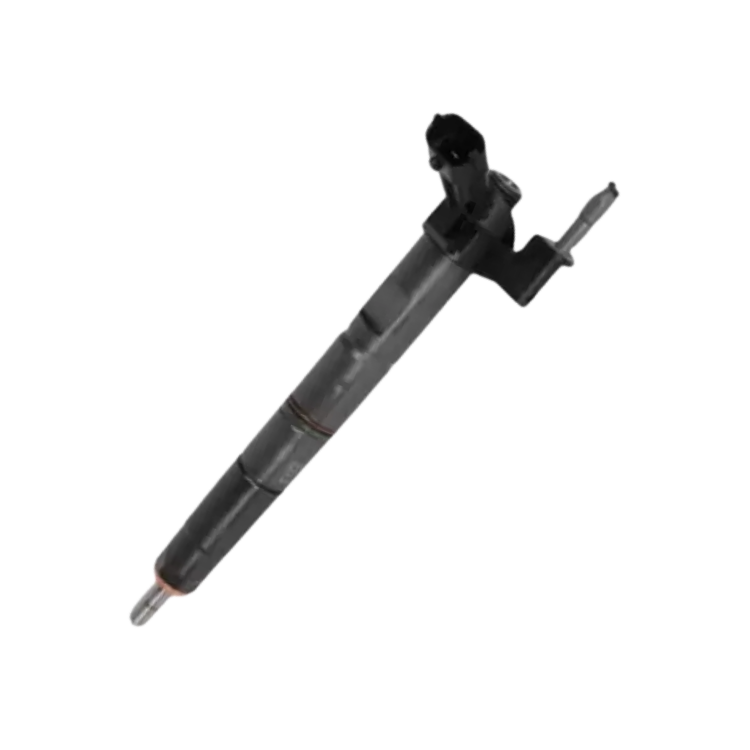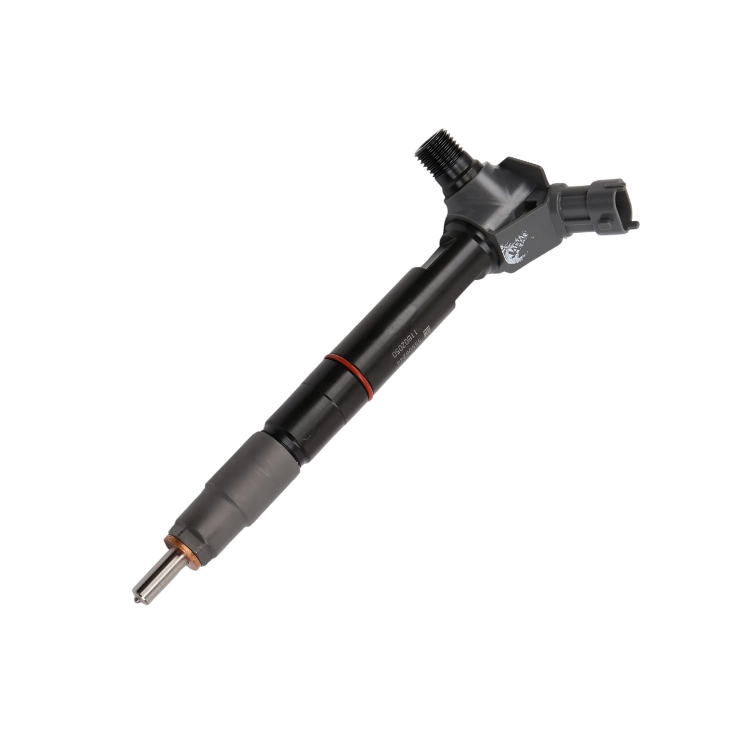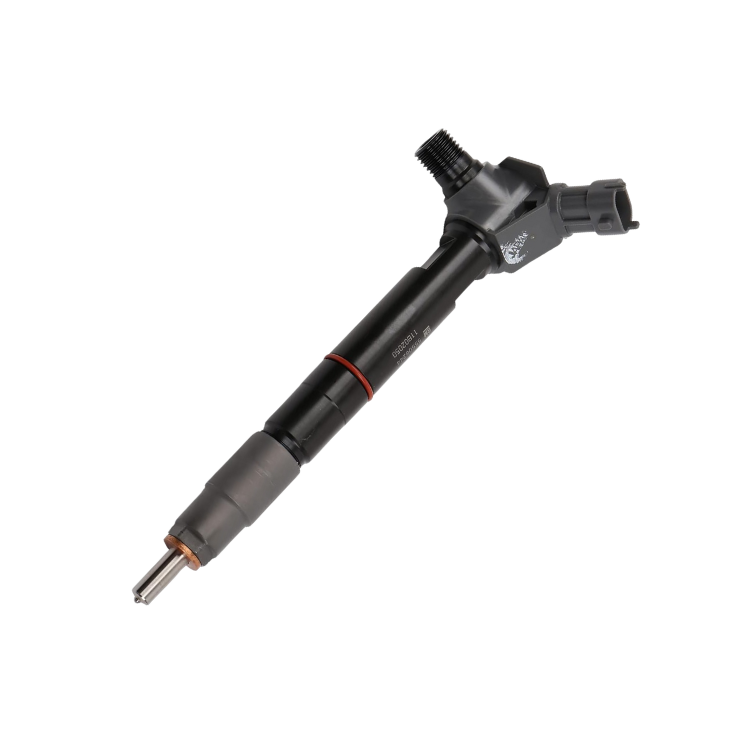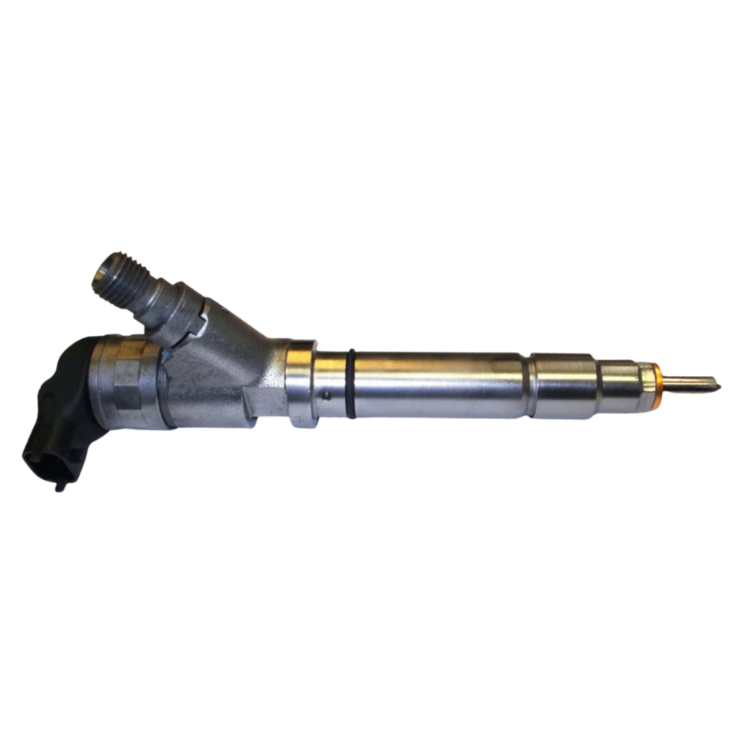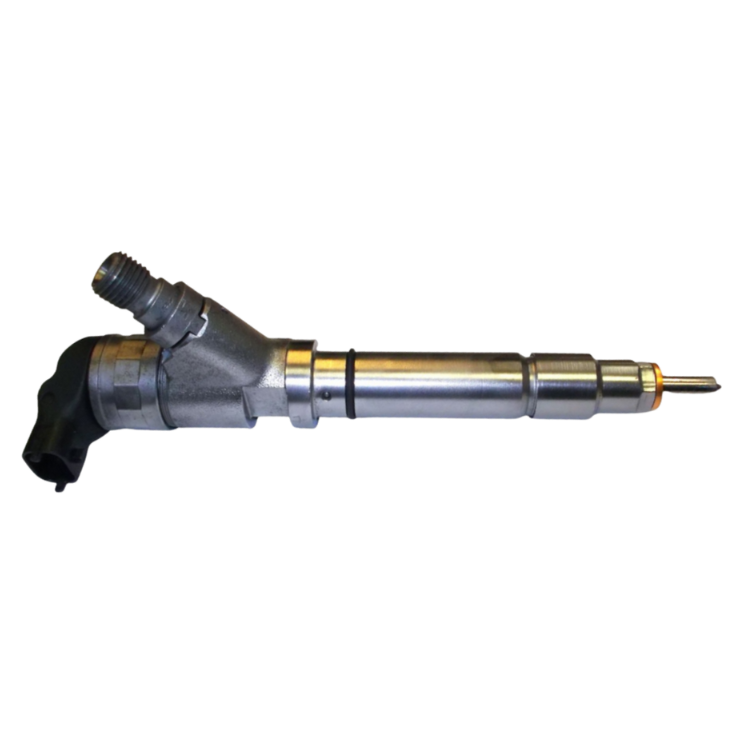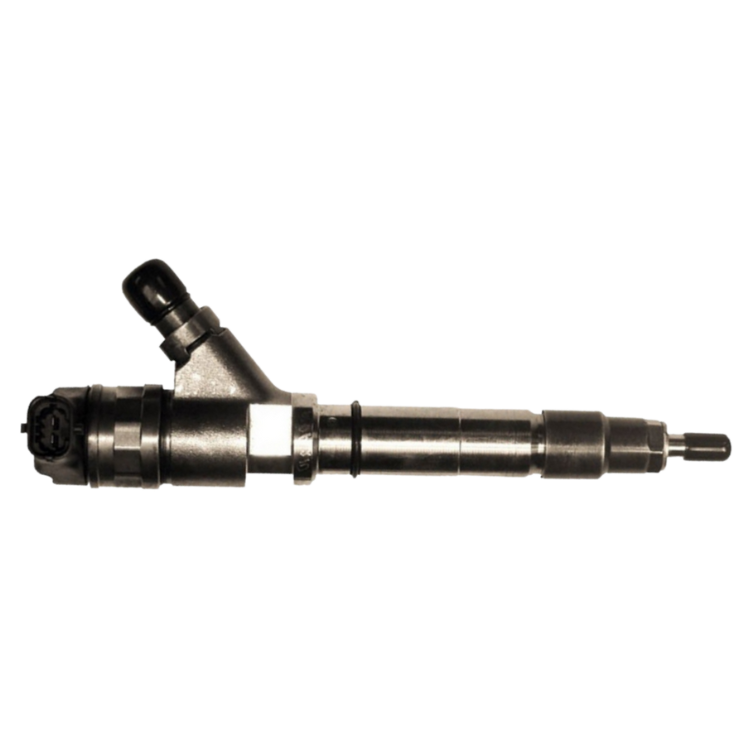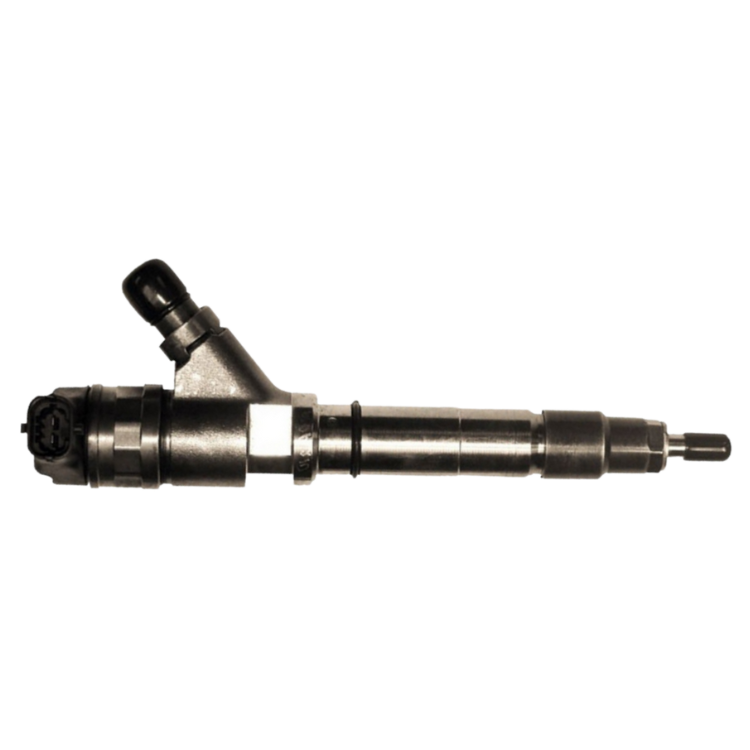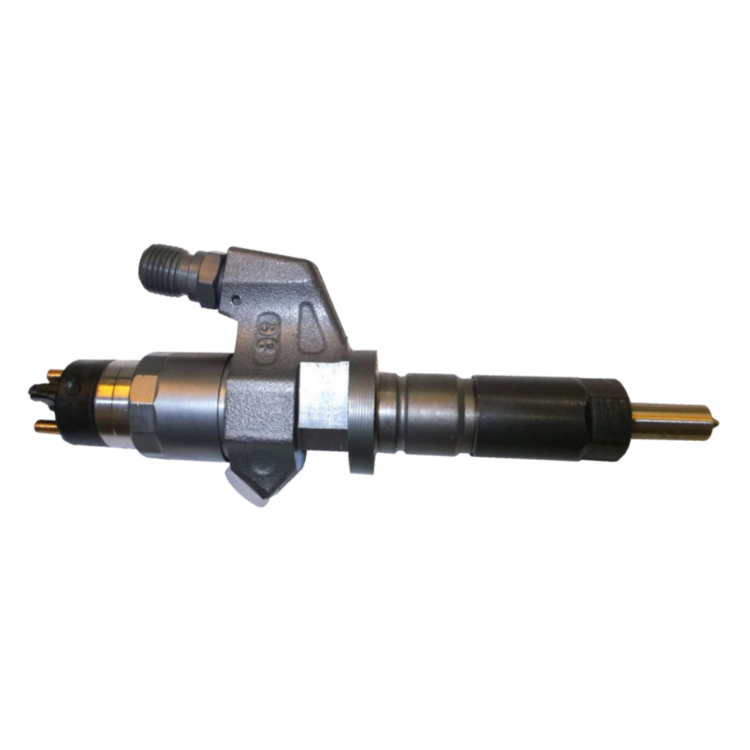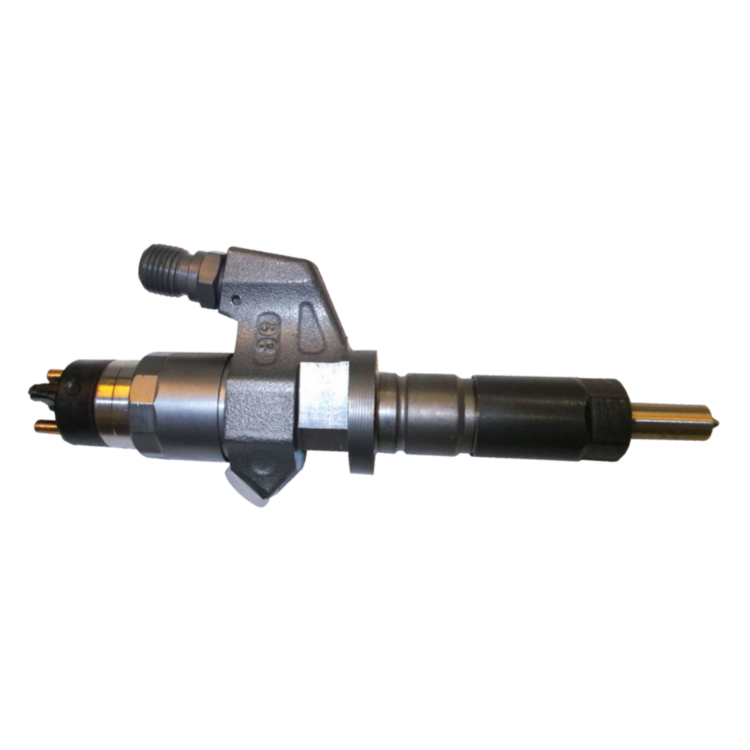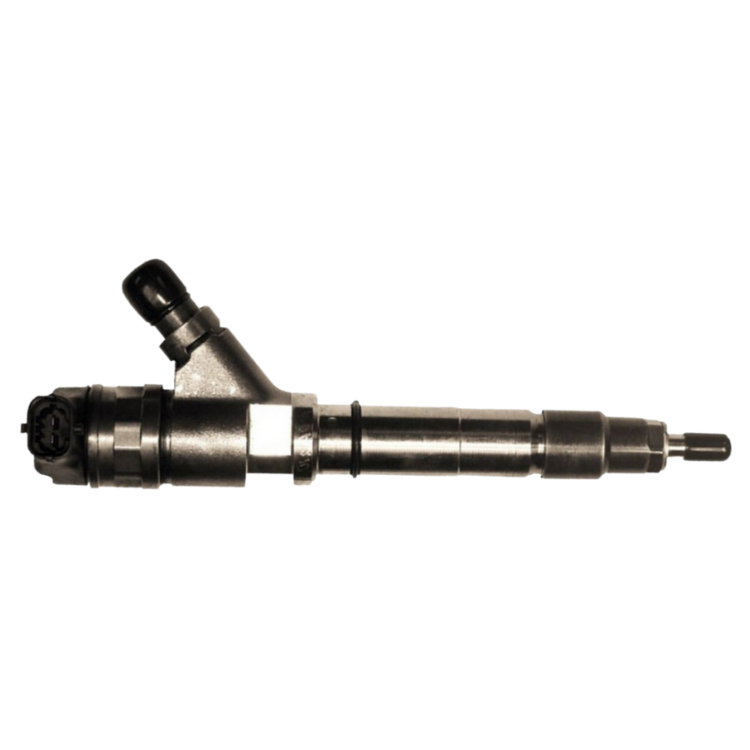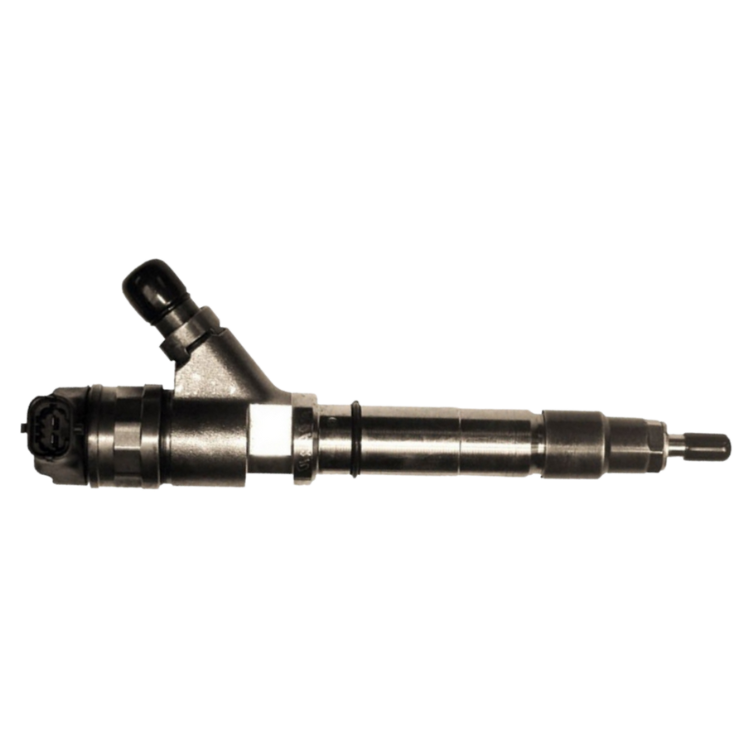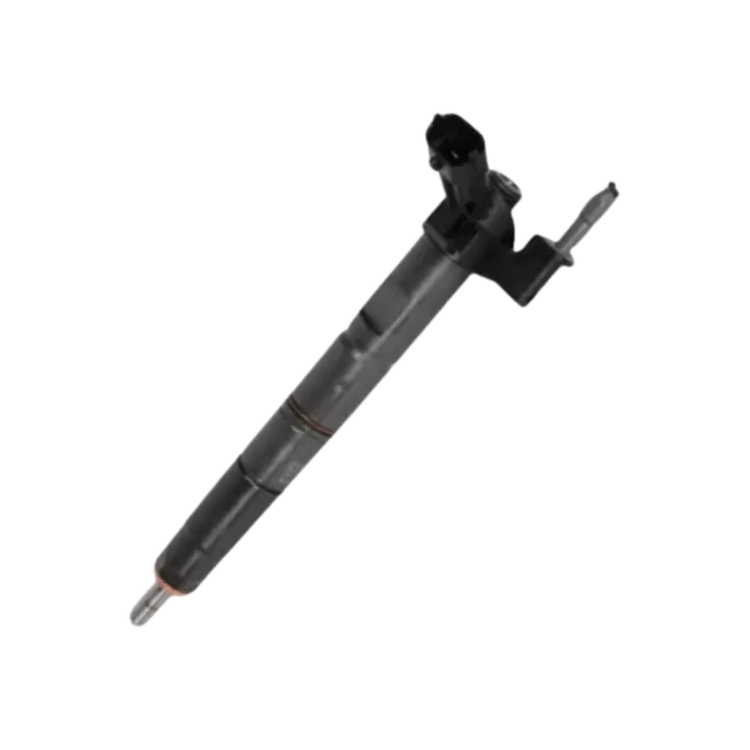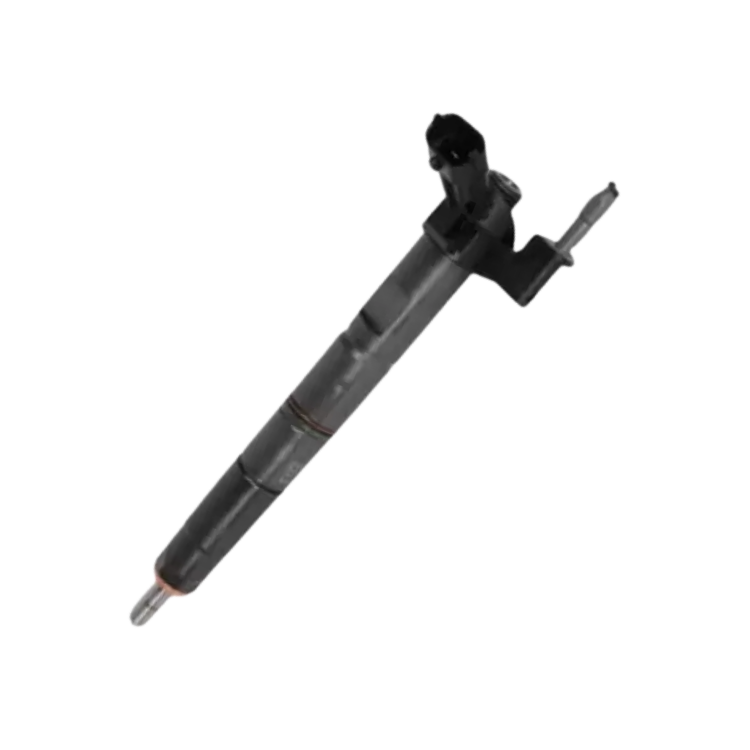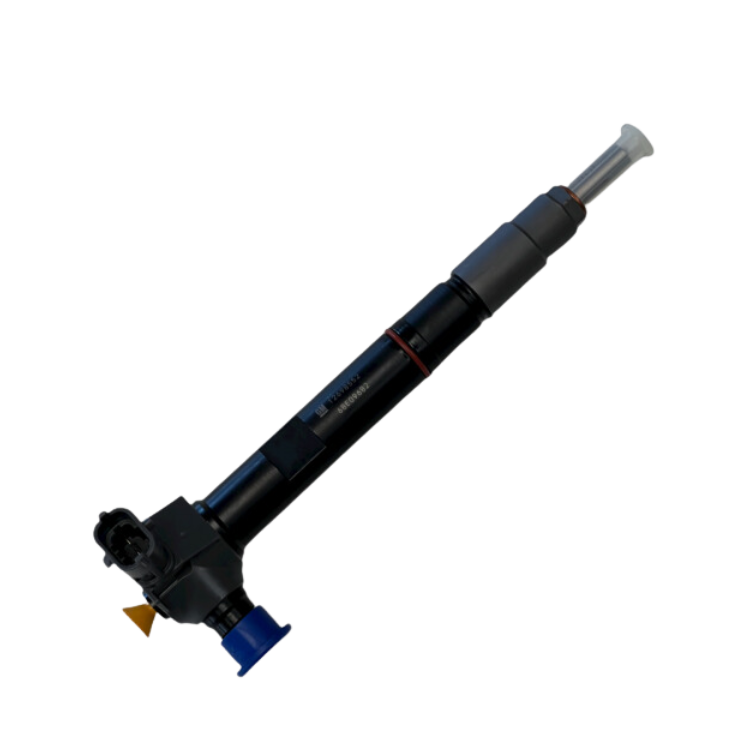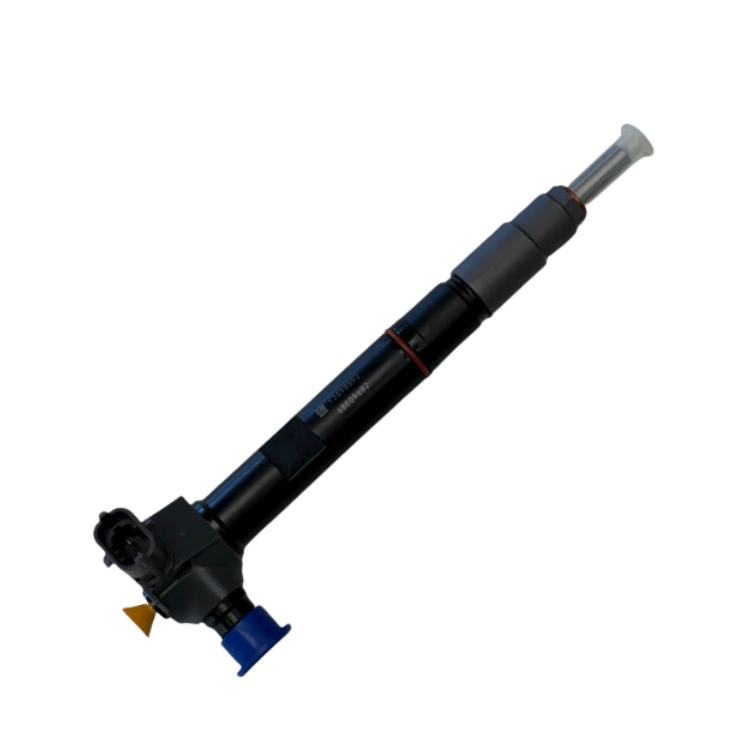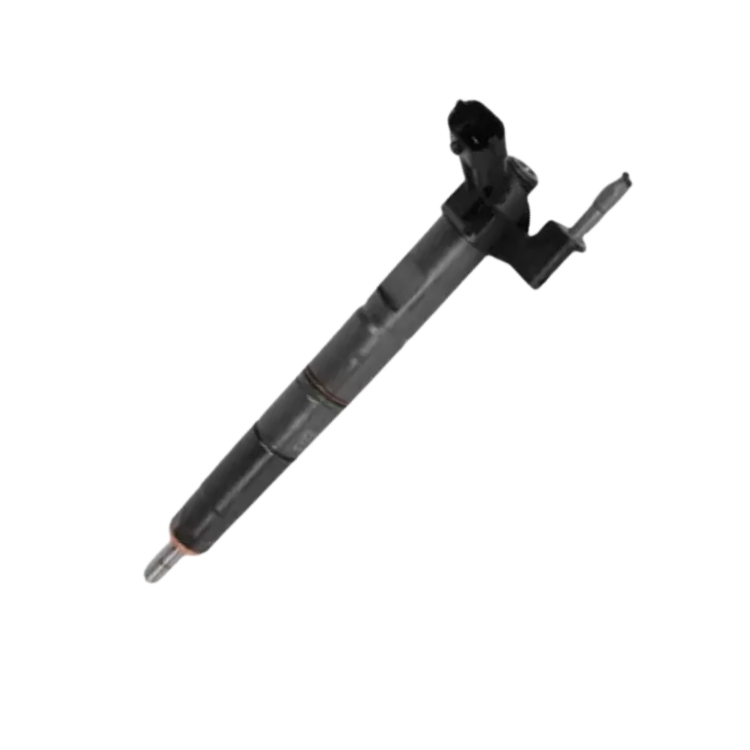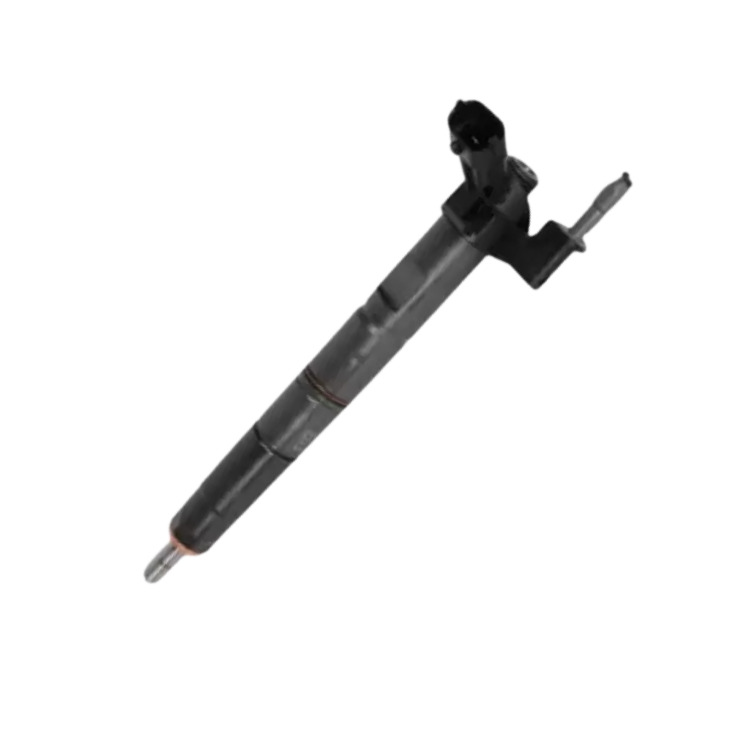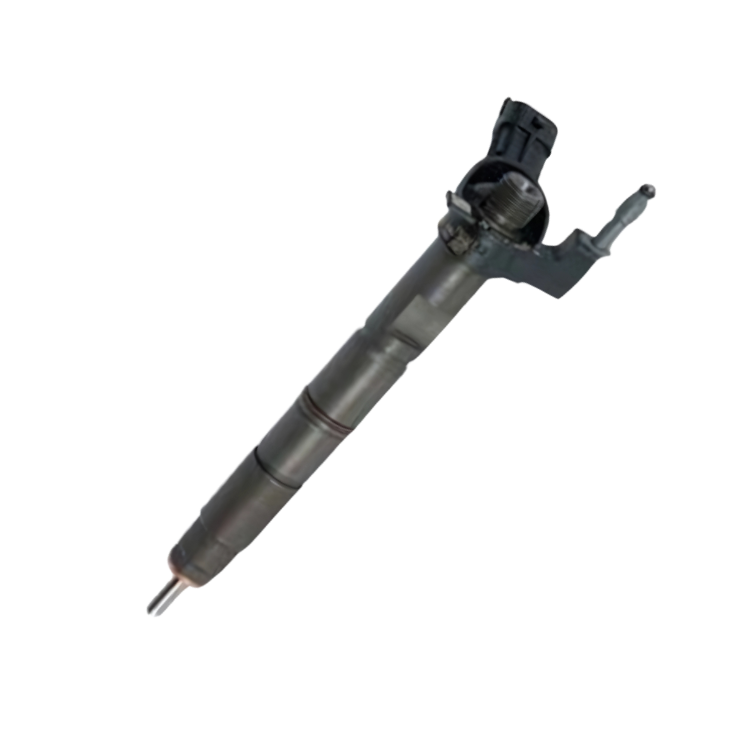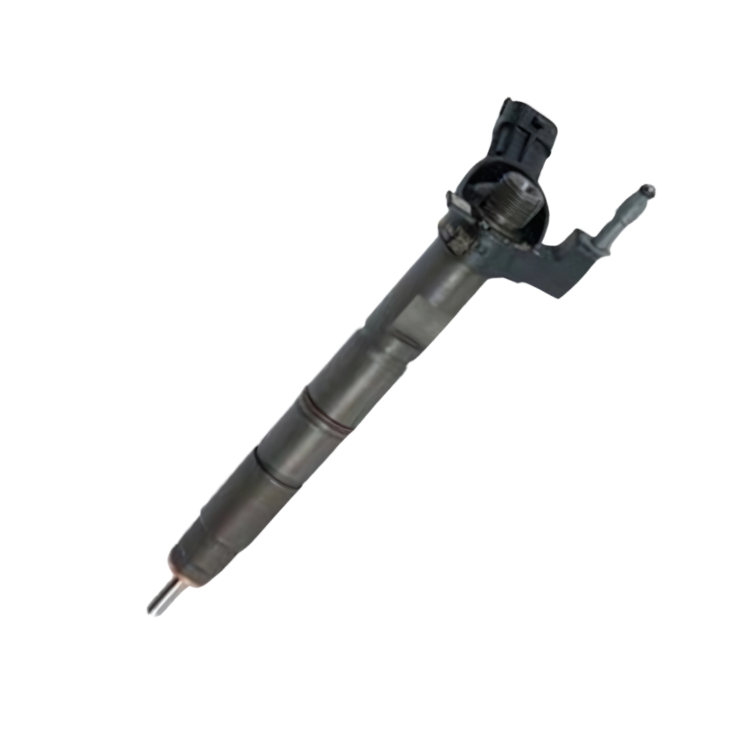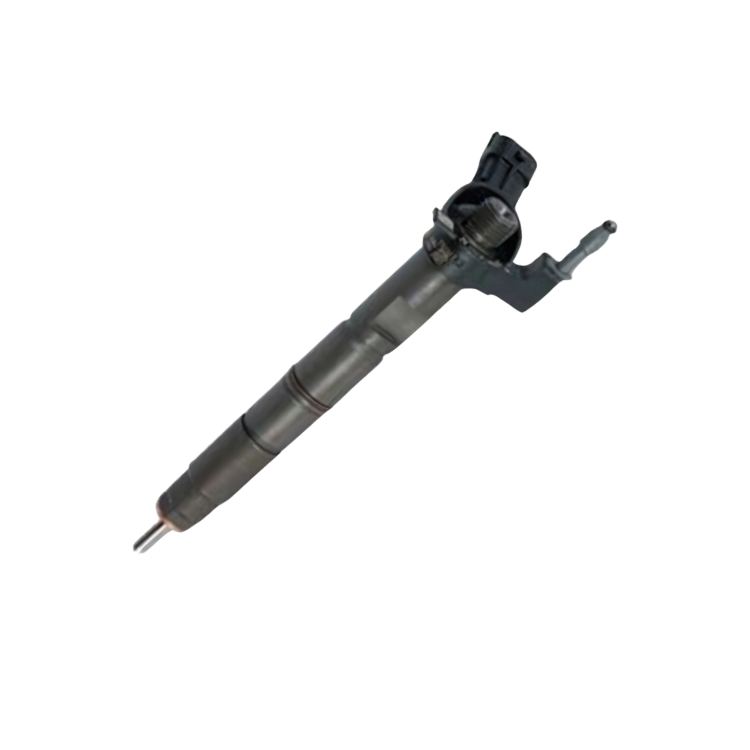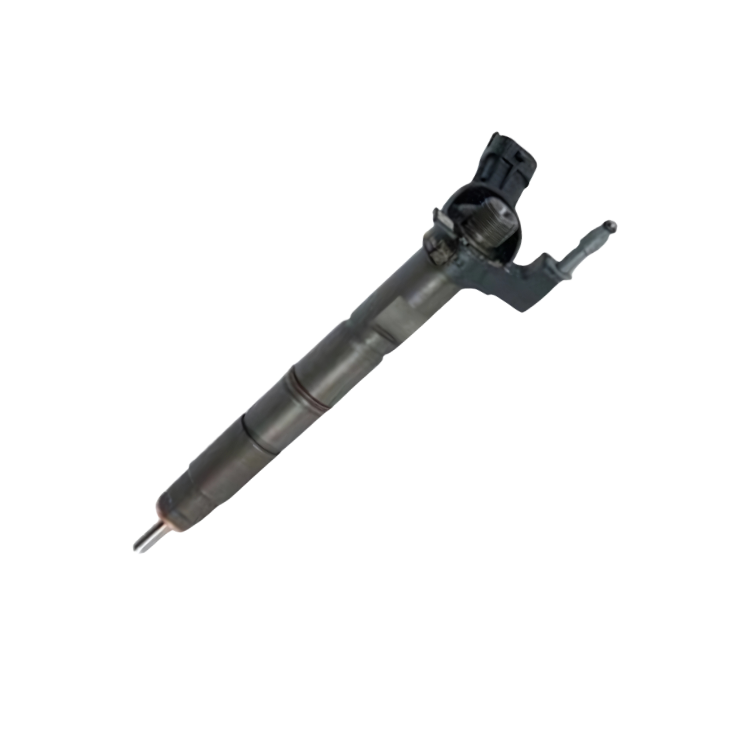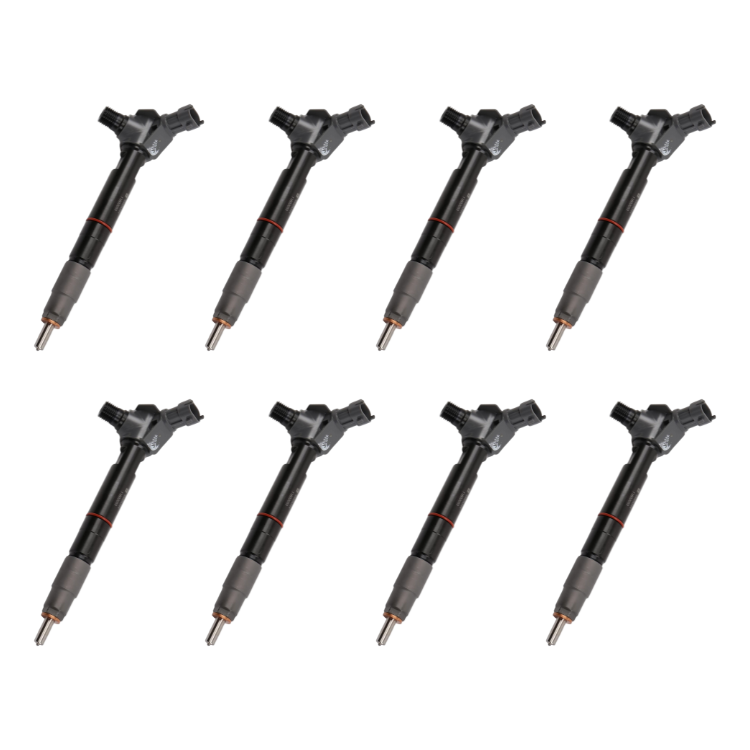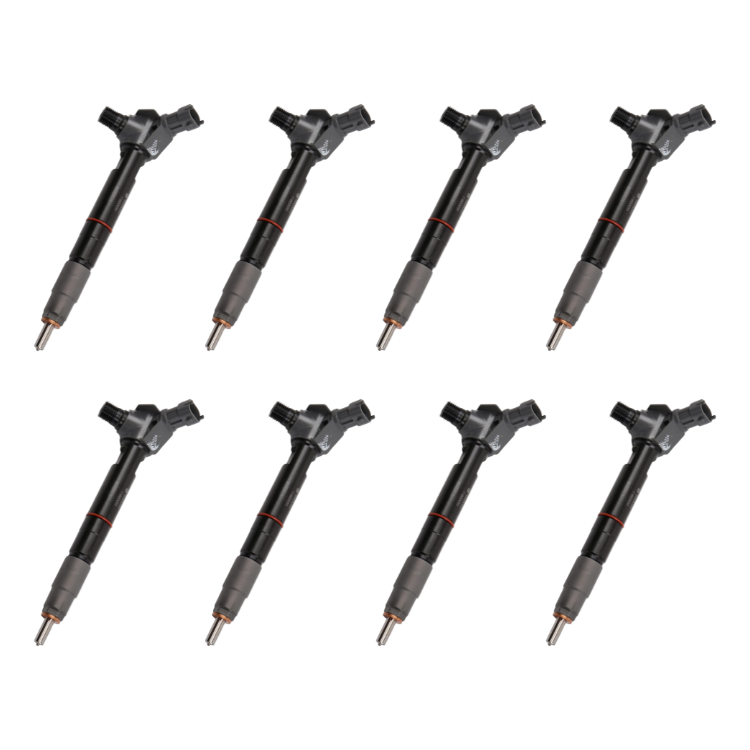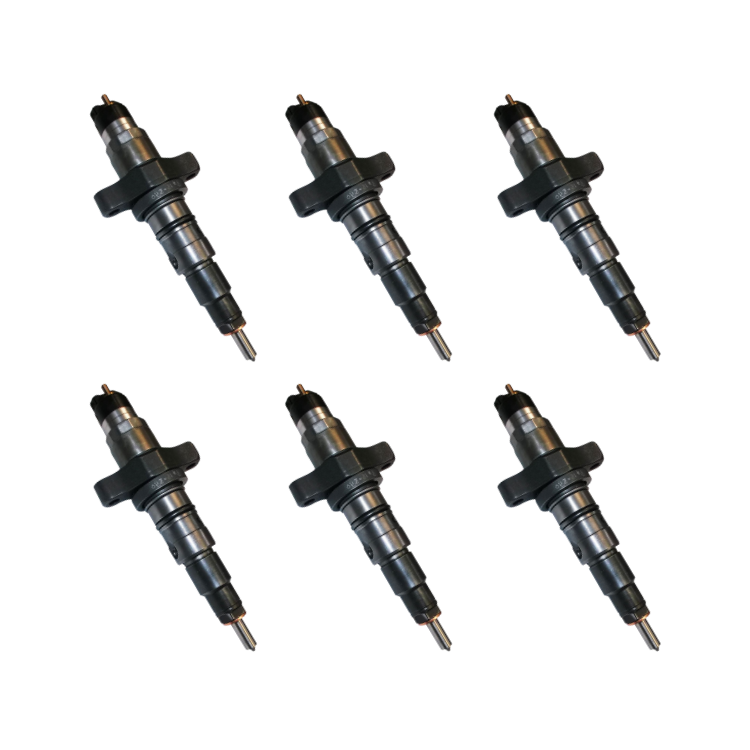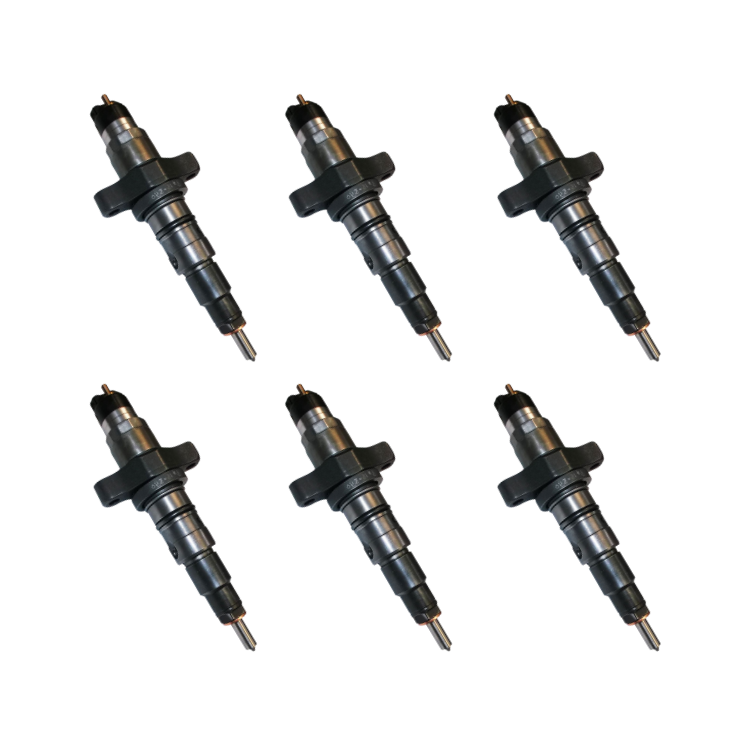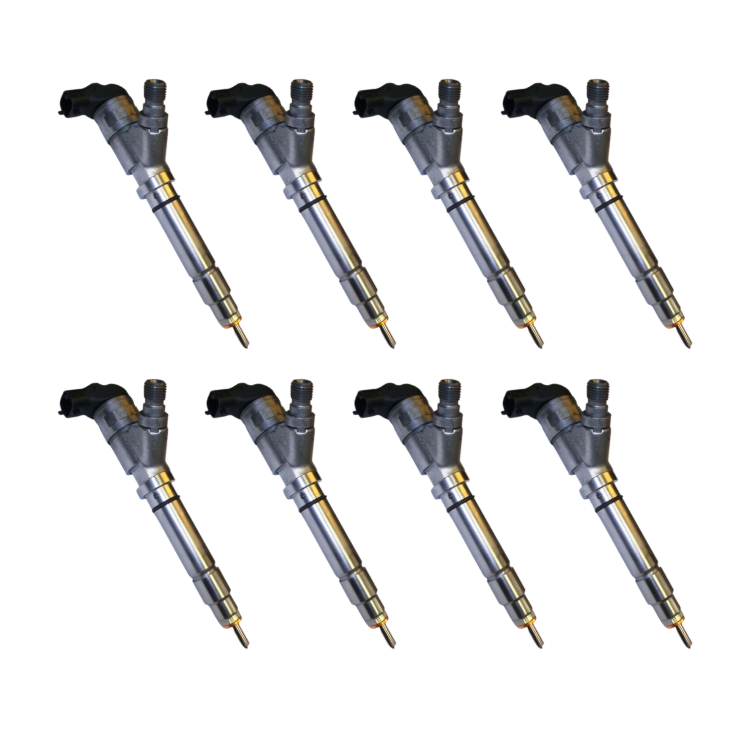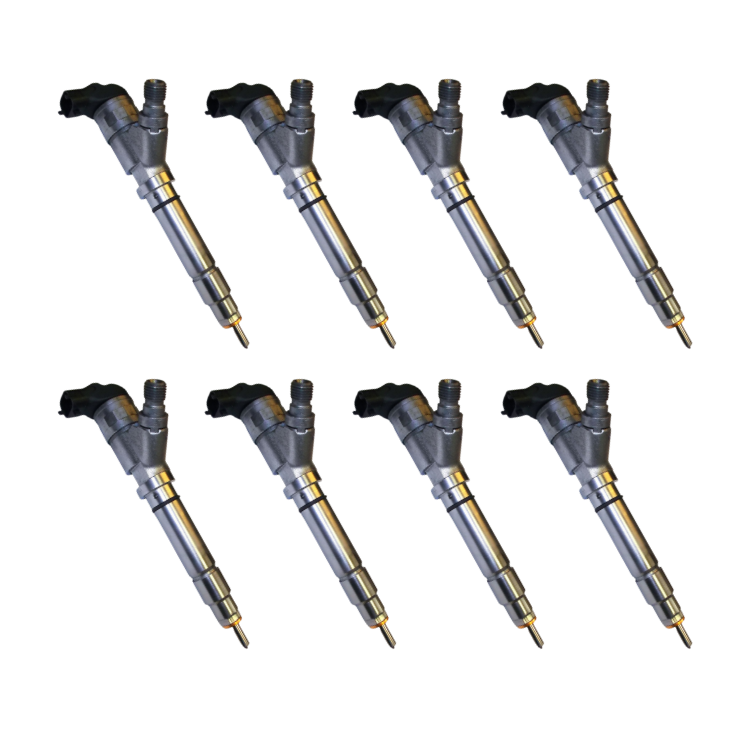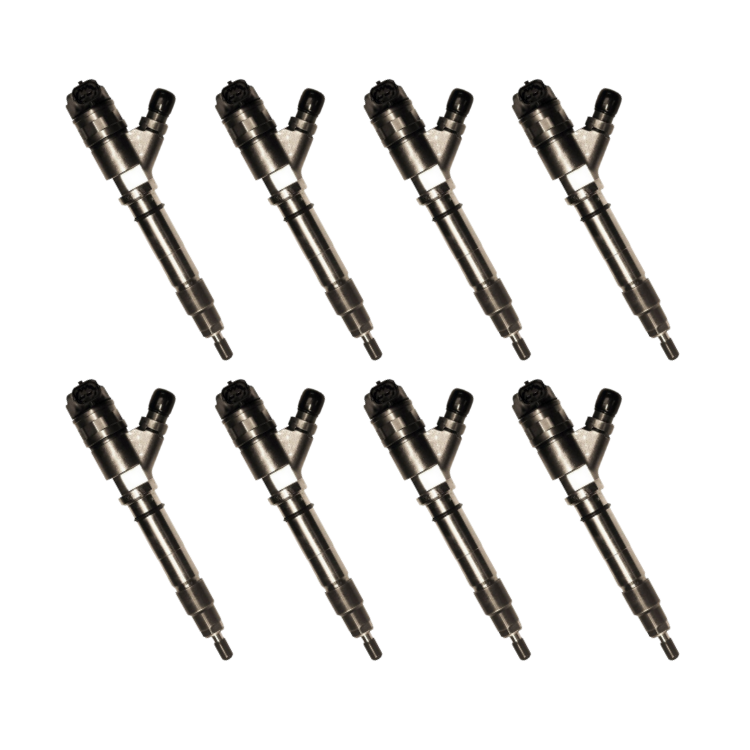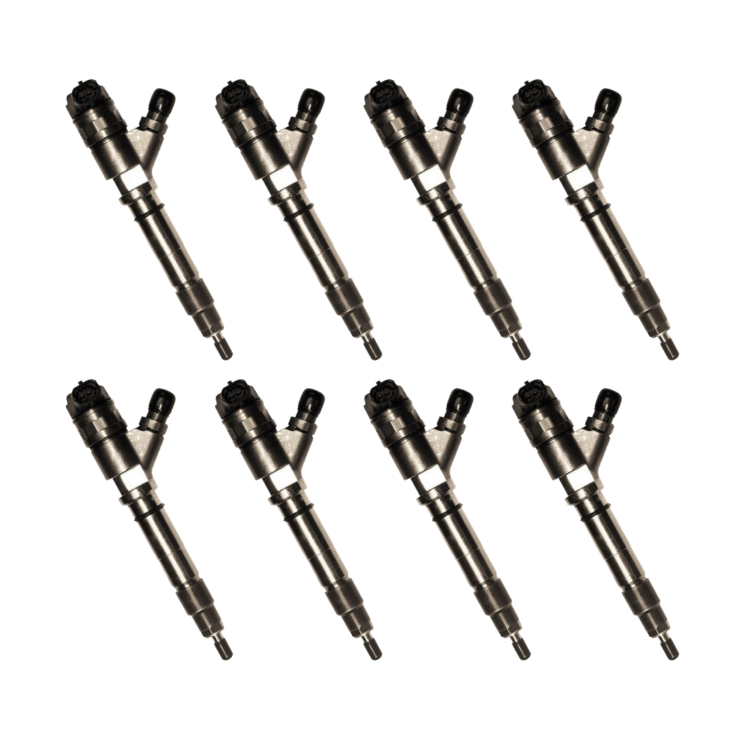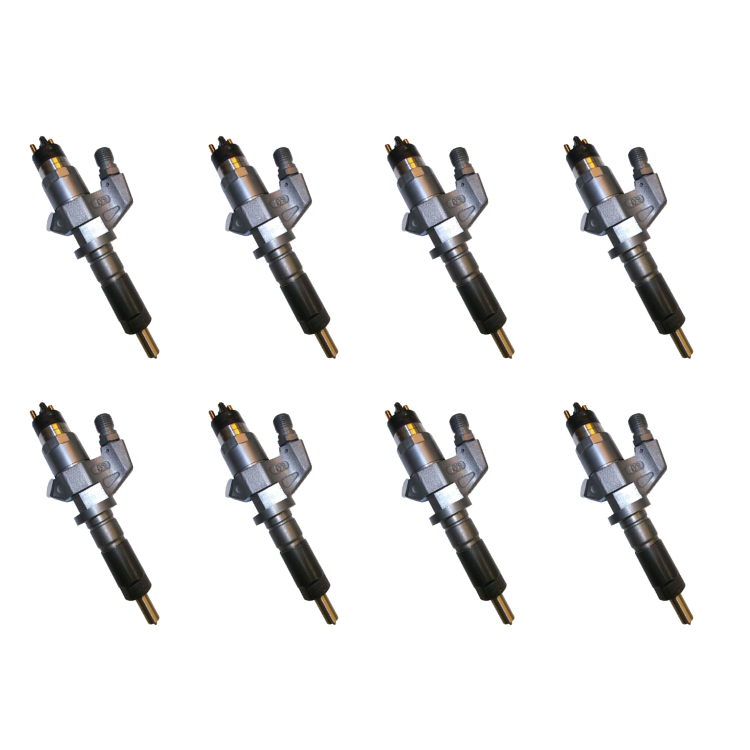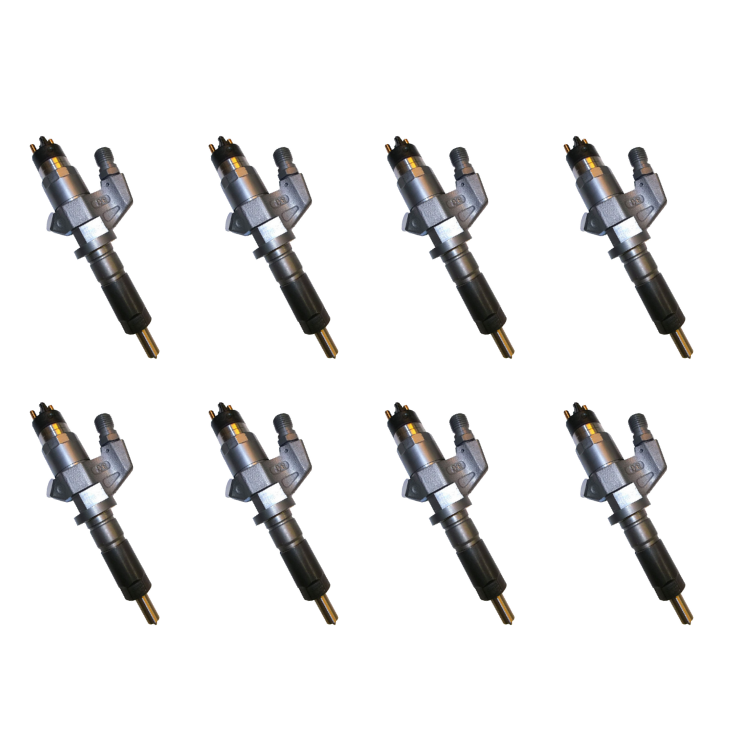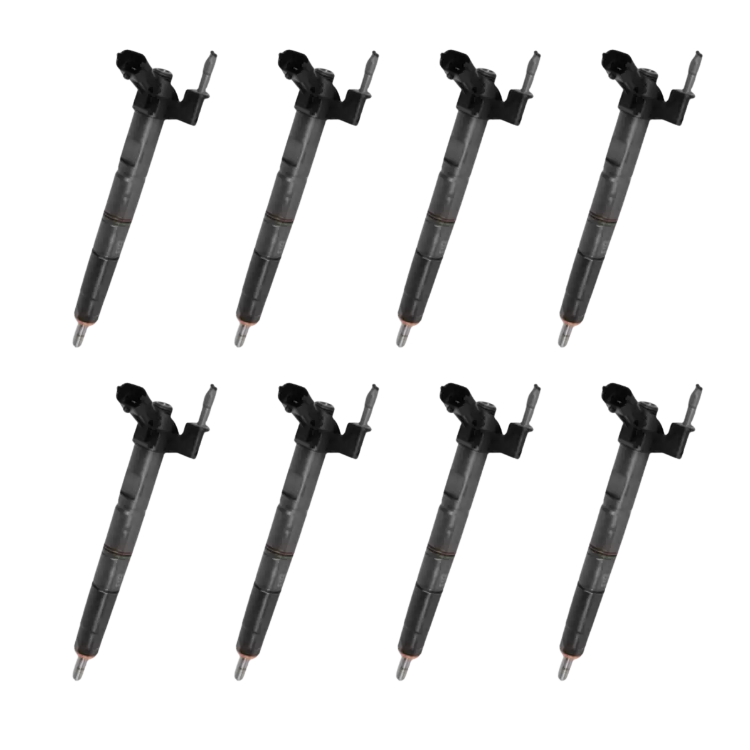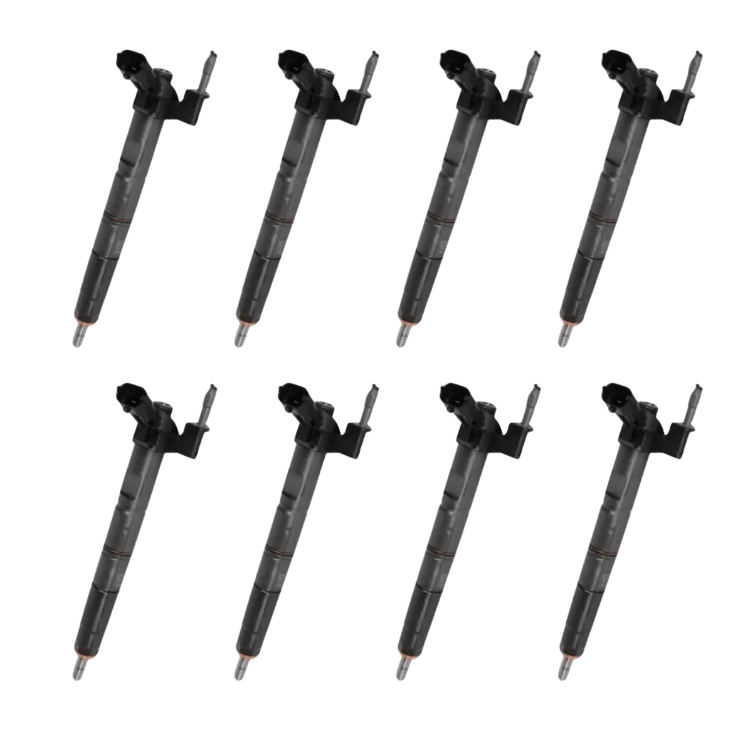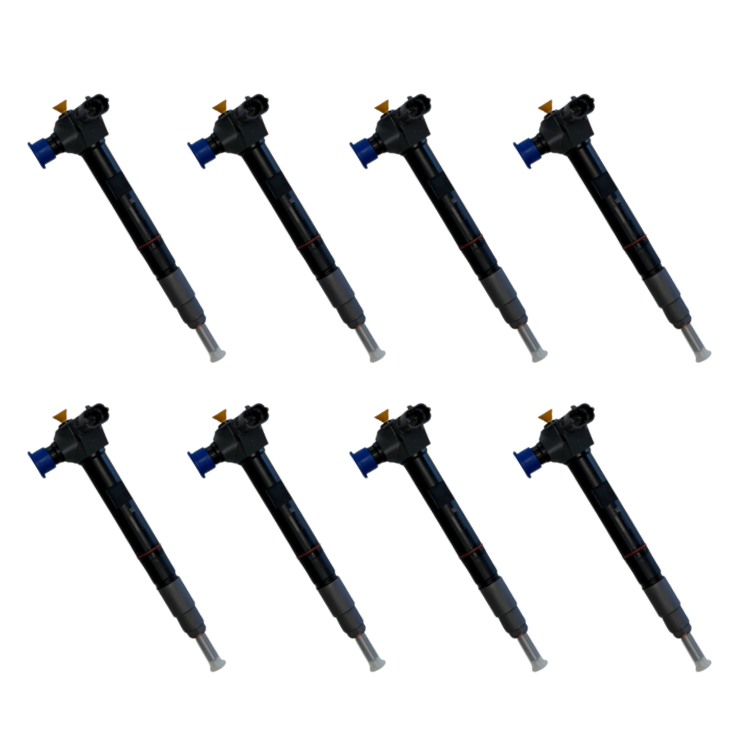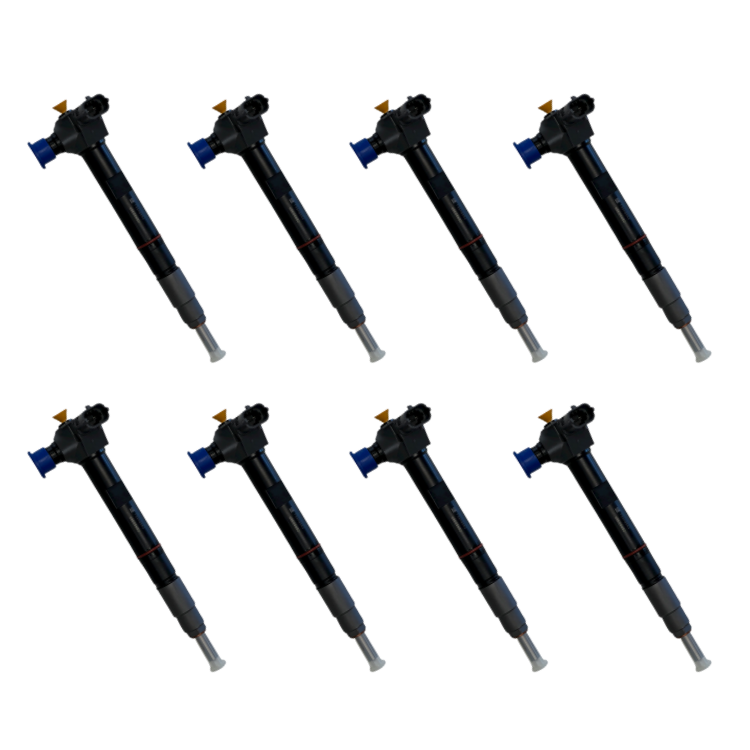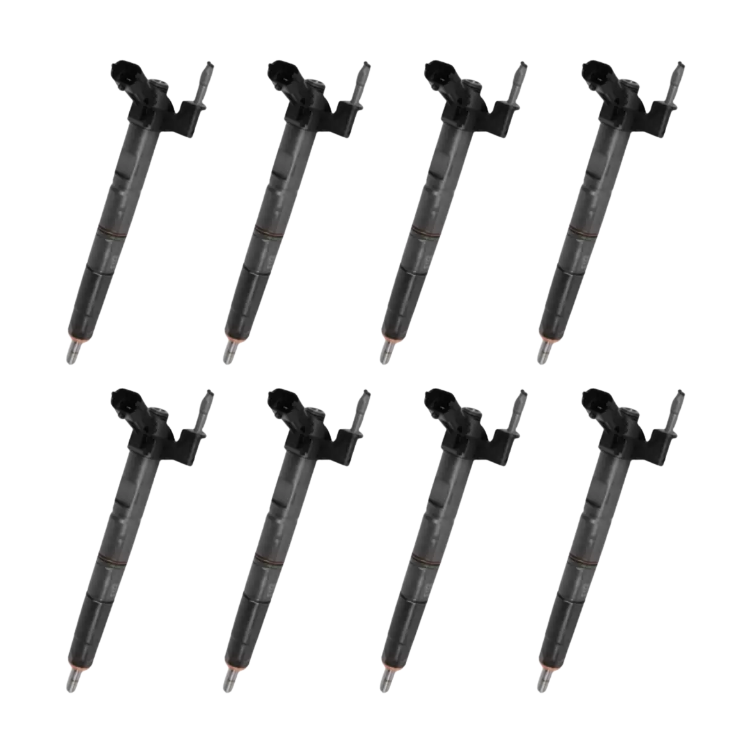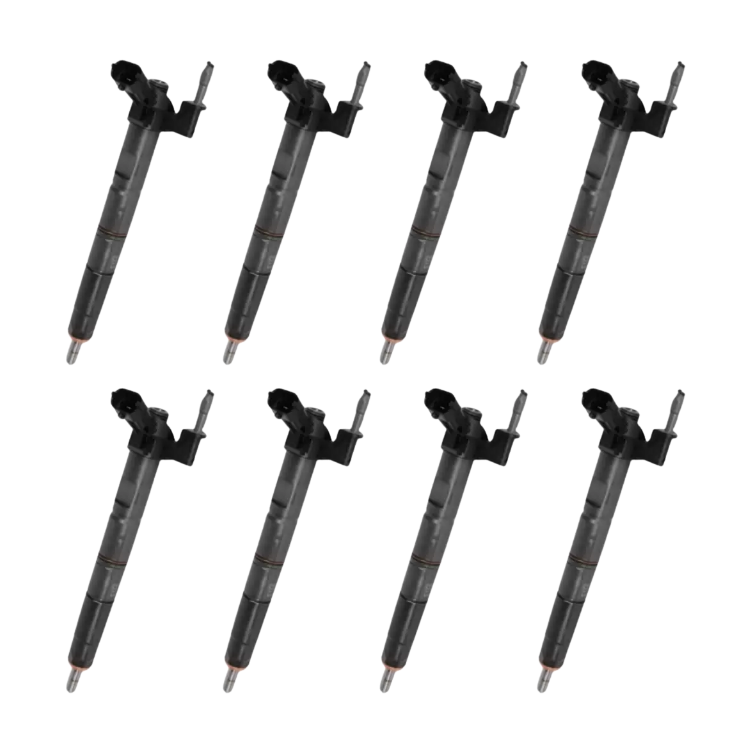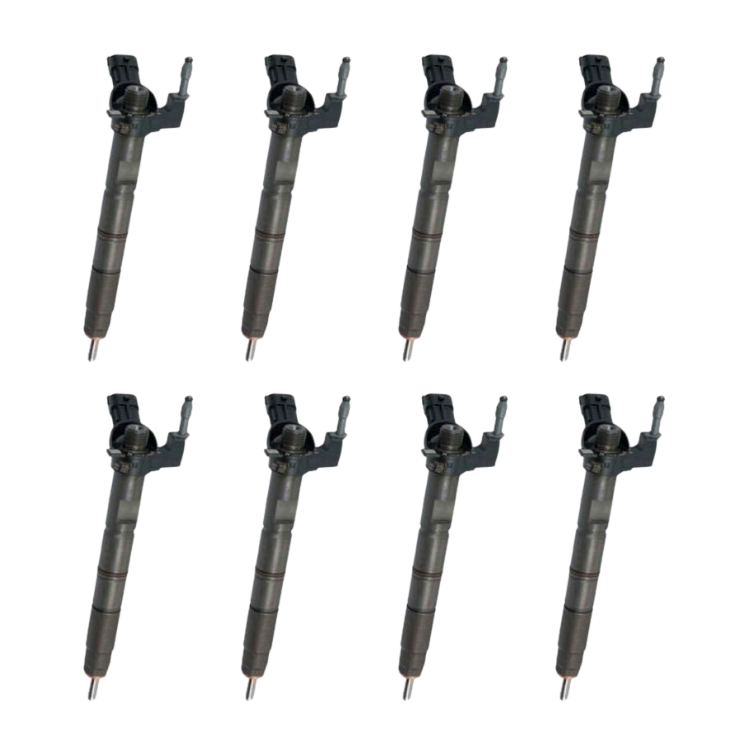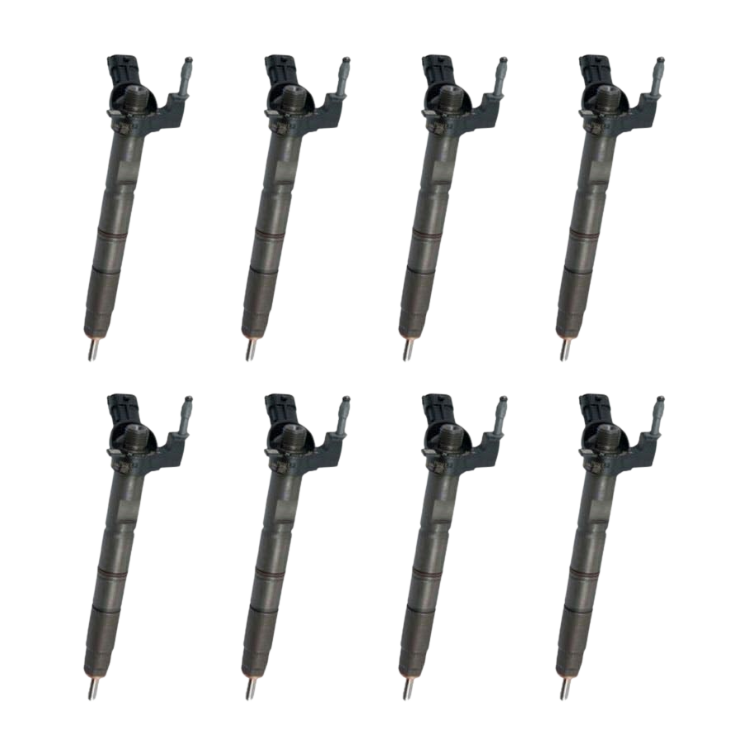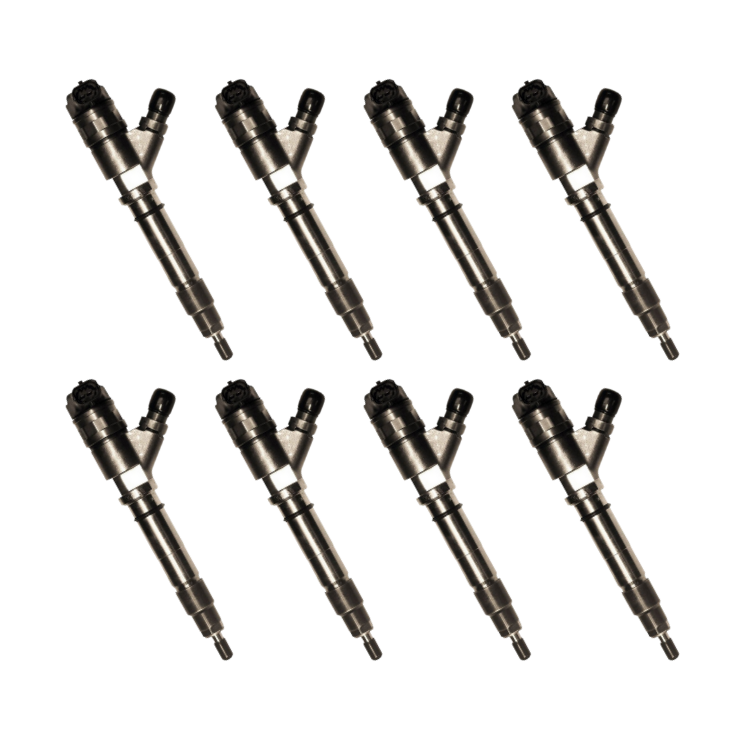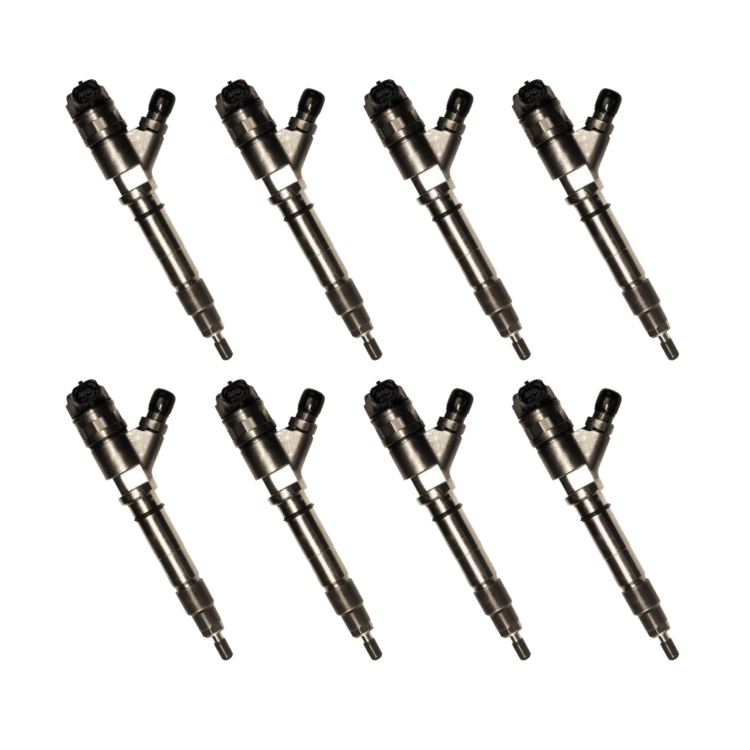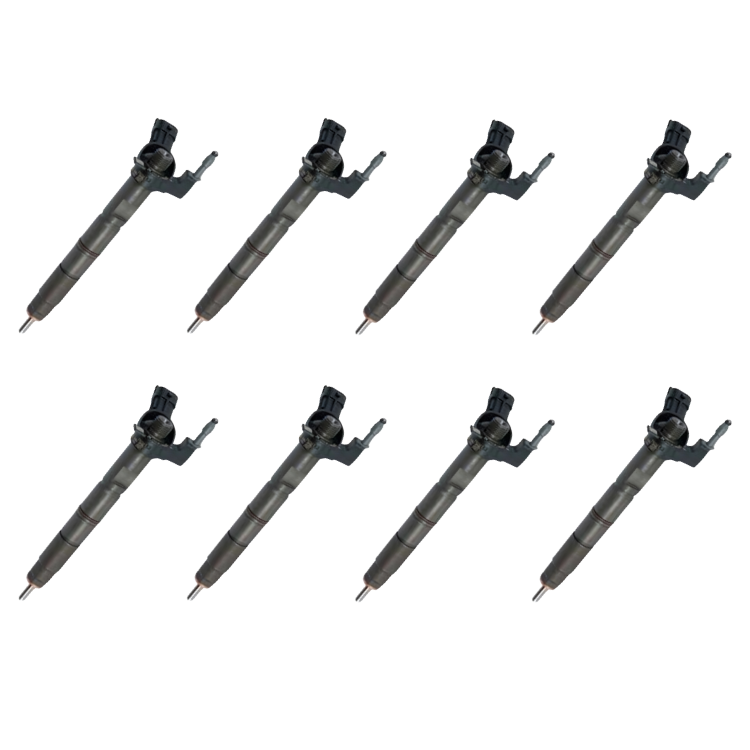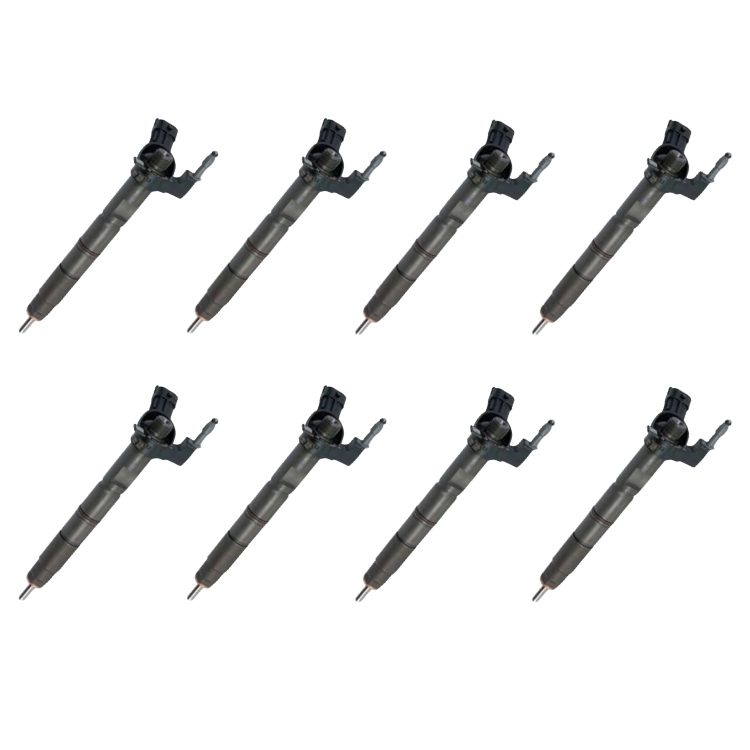Fuel injectors are vital to delivering the correct amount of fuel into the combustion chamber with precise timing. Their performance has a direct impact on engine efficiency, emissions, and drivability. Like any component in a diesel or gasoline engine, fuel injectors are subject to wear and tear over time. Understanding their expected lifespan helps prevent breakdowns and ensures consistent engine operation.
Average Lifespan of Fuel Injectors
-
100,000 to 150,000 Miles
Most modern fuel injectors are built to last within this range under normal driving conditions and regular maintenance. The range can vary depending on engine type, fuel quality, and operating environment. -
Diesel vs. Gasoline Engines
Diesel fuel injectors typically face higher pressures and may wear out sooner than their gasoline counterparts, especially in commercial or heavy-duty use. -
OEM vs. Aftermarket Injectors
OEM injectors usually offer better longevity compared to lower-cost aftermarket alternatives. Rebuilt or remanufactured injectors may have shorter lifespans depending on the quality of the rebuild. -
Impact of Fuel Quality
Contaminated or low-quality fuel can drastically shorten injector life due to clogging, deposits, and internal wear. -
Driving Conditions
Stop-and-go traffic, frequent short trips, and high engine loads (like towing or hauling) may accelerate injector wear.
Signs It May Be Time to Replace
-
Hard starting or misfires
-
Decreased fuel efficiency
-
Engine knocking or pinging
-
Rough idling
-
Excess smoke from the exhaust
While fuel injectors are engineered for long service life, they are not immune to wear. Routine inspection, using clean fuel, and replacing filters at recommended intervals can extend their life. Knowing when to replace fuel injectors helps avoid performance issues and protects the engine from potential damage. If you’re near or beyond the 100,000-mile mark, it may be time to test or inspect your injectors.






